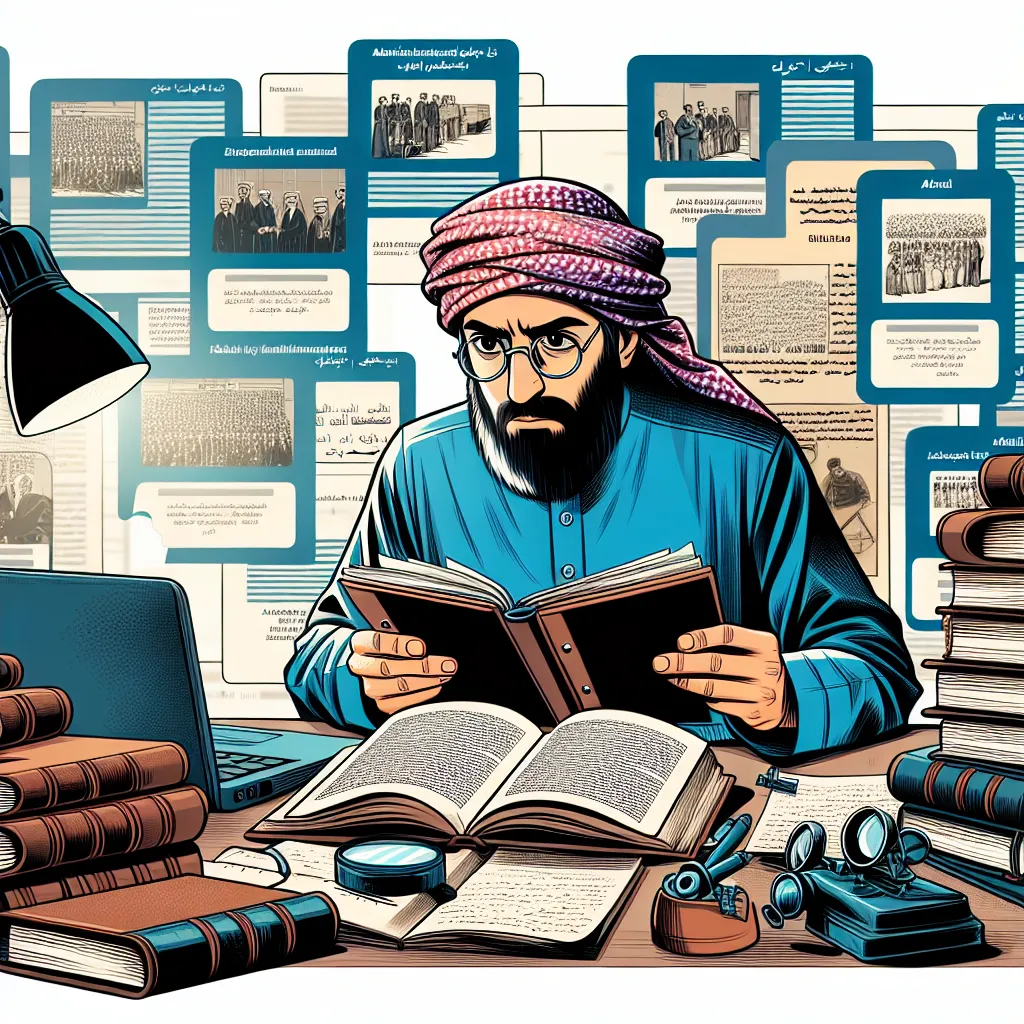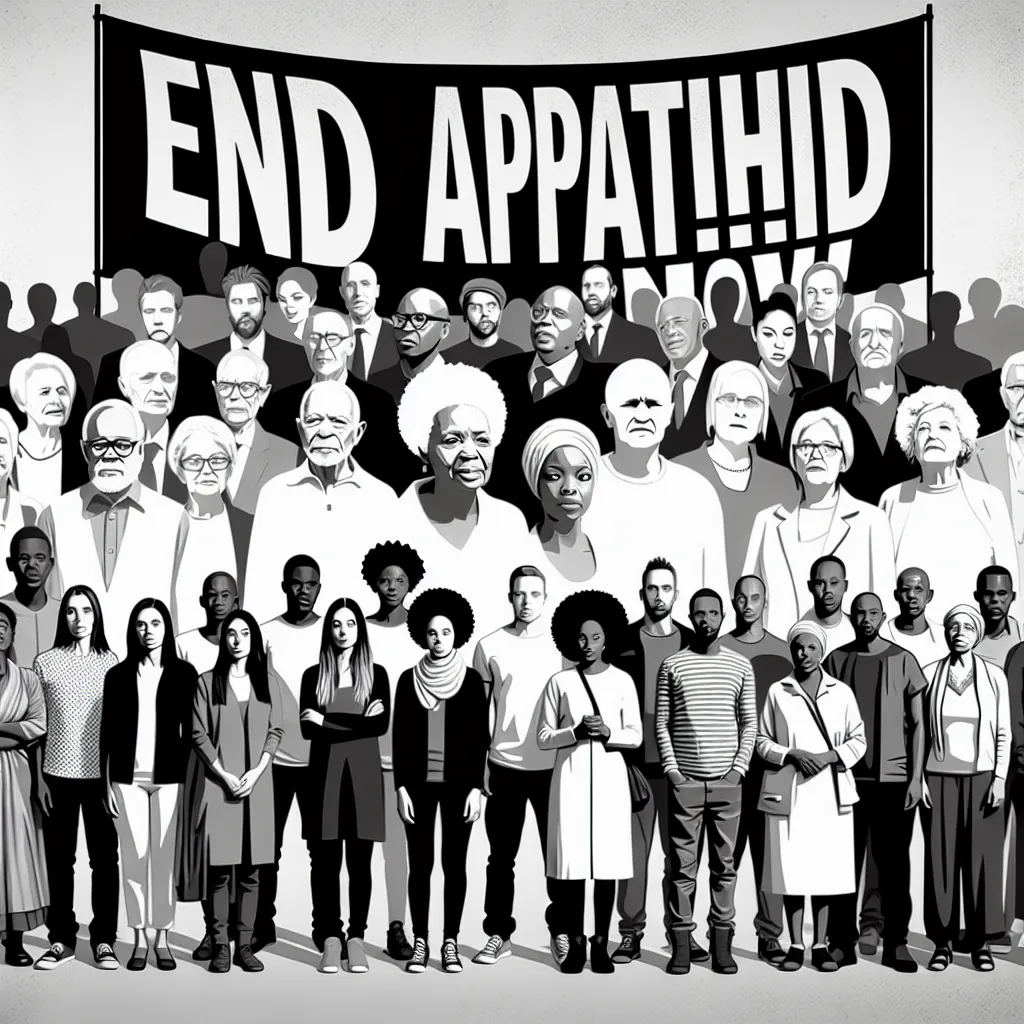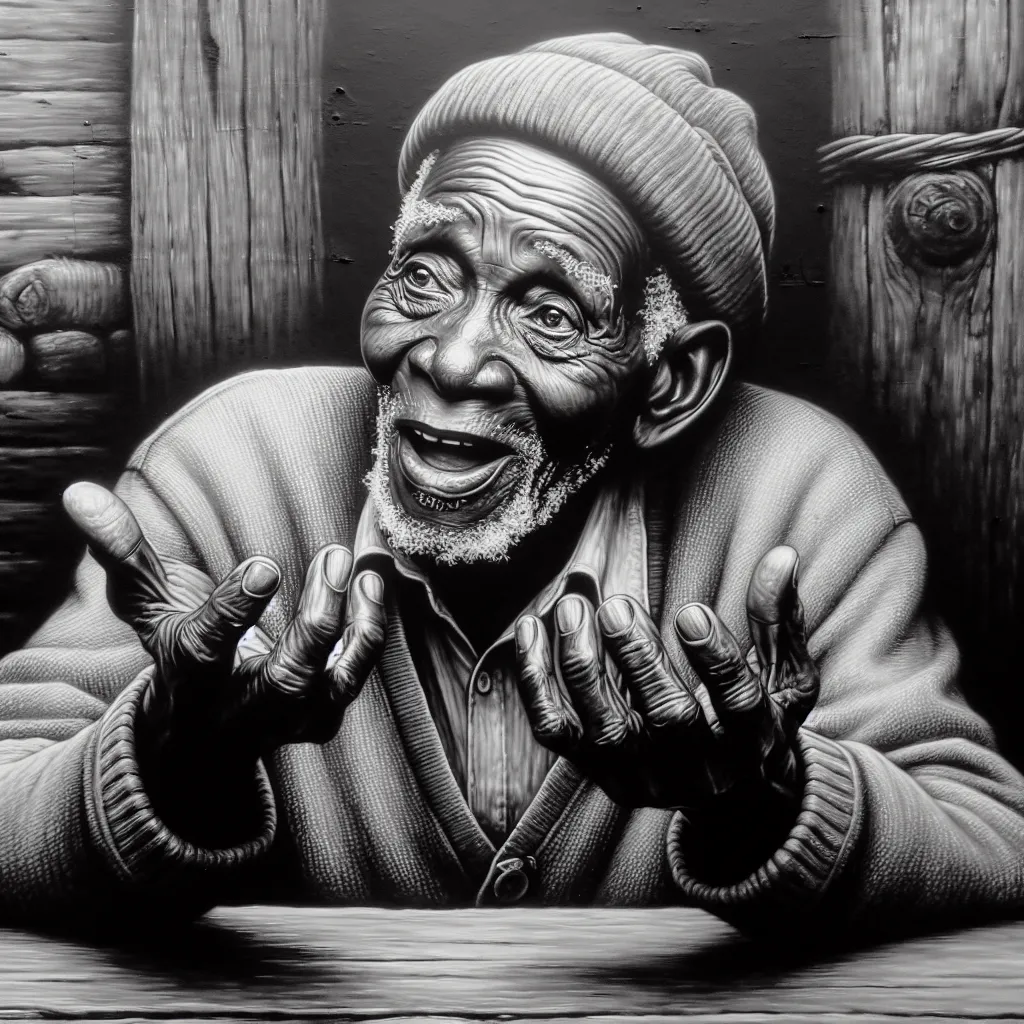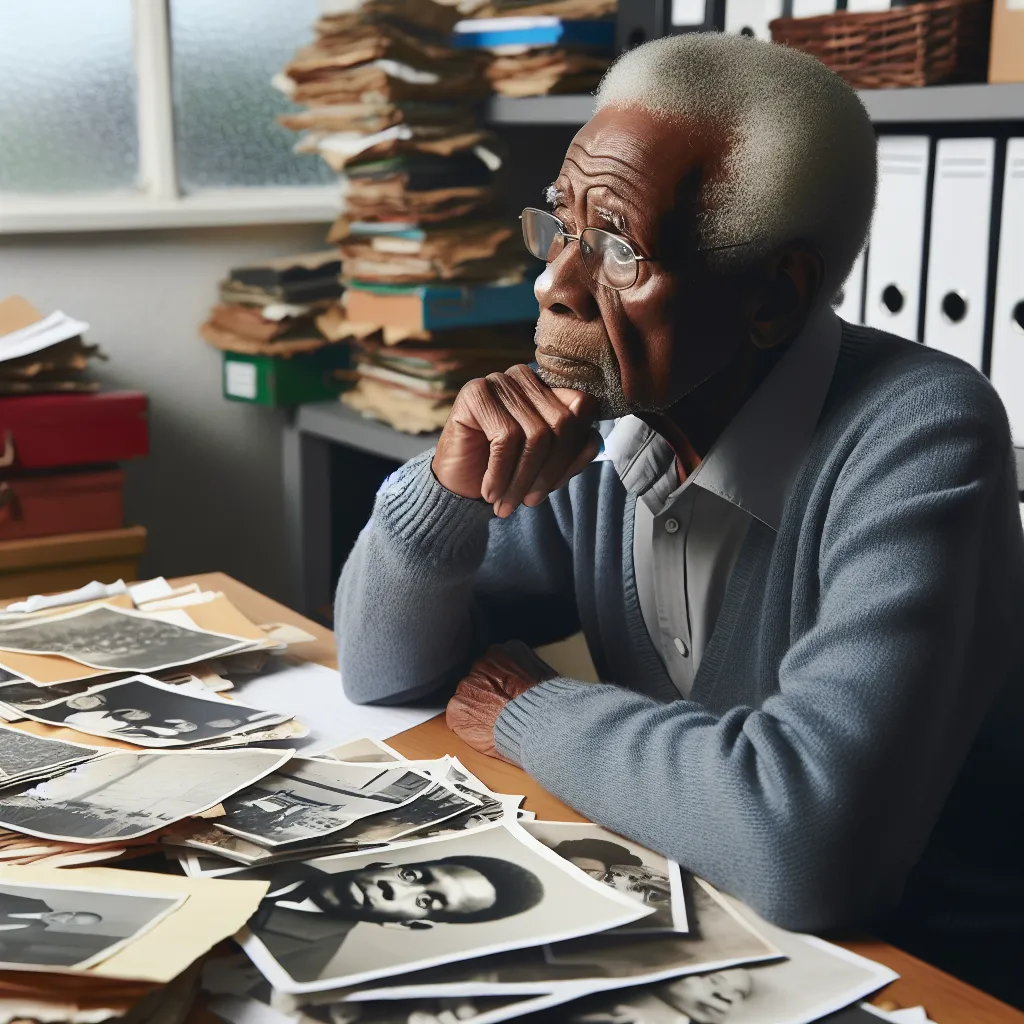Ask AI on The Internet
Question: Key Question: How did apartheid affect people’s lives and how did they respond? The project consists of two parts: • A written research task on one apartheid law • An oral history task in which you interview a person. Written research 1. Decide which apartheid law you are going to research [for example: Bantu Education Act; 2. Make use of reliable internet sites/books to research your law. 3. Write down the details of where you found your information for your bibliography. Research Essay: Introduction: State which law you have researched and the reason why you chose this issue. Body of evidence: a) When was the law passed or implemented? Why was the law passed? b) What changed were put in place after the law was implemented? c) What attitudes did people have towards the law? Conclusion: Why do you think this law or issue is interesting or important to know about today? Write a bibliography: 1) Title of Article: ____________________________________________________ Title of Website:___________________________________________________ Author: ________________________________________ Date of Publication: ________________________________________________ Date Accessed: ________________________________________ Publisher: _______________________________________ Page Numbers Used (If applicable): __________________ 2) Title of Article: ____________________________________________________ Title of Website:___________________________________________________ Author: ________________________________________ Date of Publication: ________________________________________________ Date Accessed: ________________________________________ Publisher: _______________________________________ Page Numbers Used (If applicable): __________________ Oral History Interview: Find out more about the law you researched from someone whose life was affected by it. Briefly explain why you chose this person. Ask the interviewee the following questions. Write down short answers. 1)When were you born? 2)Where did you grow up? 3) How did this law (e.g. Separate Amenities Act) affect you? 4) How did you respond to this law? 5) Why did you choose to respond in this manner? 6) How do you feel now that this law (Separate Amenities Act) in so longer a law in South Africa? Using the information, you gathered from your research and the interview, write an essay about the person who was interviewed. Focus on how he/she was affected by the law or issue and how he/she responded to it. Comment on your own reflections on the experience of doing the project. [What was interesting? How has it made you rethink your own views?] Your project will be marked according to this rubric: Level 7 Outstanding Level 6 Meritorious Level 5 Substantial Level 4 Adequate Level 3 Moderate Level 2 Elementary Level 1 Not Achieved Articulate, insightful, well expressed, accurate and appropriate content Well expressed, clear; accurate and appropriate content Good expression; clear; could have more content; good understanding Some errors in expression; some good content; but little understanding Errors in expression; could have more content; not much understanding Poor expression; content inadequate; No understanding of the issues; some areas incomplete Incomplete; no understanding shown; poor or inaccurate expression and content Research essay (20) 20-16 15-14 13-12 11-10 9-8 7-6 5-0 Bibliography (3) 3 2 1 0 Person chosen (3) 3 2 1 0 Essay about the person you interviewed (20) 20-16 15-14 13-12 11-10 9-8 7-6 5-0 Self -reflection (4) 4-3 2 1 0 Total: ______/50
Sure, let's break down the process step-by-step to help you complete your project successfully: ### Research Essay #### Introduction: 1. **State the chosen law:** Example: "I have chosen to research the Bantu Education Act." 2. **Reason for choosing this law:** Example: "I chose this issue because it had a profound impact on the education of black South Africans and perpetuated systemic inequalities.” #### Body of Evidence: a) **When was the law passed or implemented? Why was the law passed?** Example: - The Bantu Education Act was passed in 1953. - The law was passed to enforce racially segregated educational facilities and to provide a different curriculum that was designed to train black children for lives as a laborer or servant. b) **What changes were put in place after the law was implemented?** Example: - African schools were brought under state control. - The curriculum was modified to limit the opportunities for black students to receive an education similar to that of white students. - Funding for black schools was dramatically reduced as compared to white schools. c) **What attitudes did people have towards the law?** Example: - The law was widely resented and opposed by the black community. - Many viewed it as a tool to enforce racial inferiority and deny black South Africans the opportunity to advance. - Protests and boycotts of schools were common acts of resistance. #### Conclusion: - Discuss the relevance of the law today and why it is important to know about it. Example: “Understanding the Bantu Education Act is critical today as it highlights the enduring impact of systemic racism in the education system and the long-term effects of apartheid policies on South African society.” #### Bibliography: Format: **1)** - Title of Article: "The Education of African Peoples in South Africa Revisited" - Title of Website: South African History Online - Author: History Team, South African History Online - Date of Publication: 2000 - Date Accessed: (Date you accessed it) - Publisher: South African History Online - Page Numbers Used (If applicable): N/A **2)** - Title of Article: "An Examination of the Bantu Education Act" - Title of Website: Apartheid Museum - Author: Apartheid Museum Staff - Date of Publication: 2018 - Date Accessed: (Date you accessed it) - Publisher: Apartheid Museum - Page Numbers Used (If applicable): N/A ### Oral History Interview: 1. **Choose an interviewee:** Example: You might choose a family member, family friend, teacher, or an acquaintance who lived during the apartheid era and can speak to their personal experience. 2. **Context for choosing the person:** Example: “I chose to interview Mr. John Doe because he was a student during the enforcement of the Bantu Education Act and experienced its effects firsthand.” #### Interview Questions and Short Answers: 1. **When were you born?** Example: "I was born in 1948." 2. **Where did you grow up?** Example: "I grew up in Soweto, South Africa." 3. **How did this law (e.g. Separate Amenities Act) affect you?** Example: "The Bantu Education Act significantly limited the quality of education I received, impacting my long-term career opportunities." 4. **How did you respond to this law?** Example: "I participated in student protests and boycotts organized to oppose the Act." 5. **Why did you choose to respond in this manner?** Example: "I felt it was the only way to fight against the unfair and oppressive educational system." 6. **How do you feel now that this law (Separate Amenities Act) is no longer a law in South Africa?** Example: "I am relieved and hopeful, but I believe there are still lasting effects that need to be addressed." ### Essay About the Person Interviewed: - Focus on the narrative of the interviewee, highlighting their experiences and responses to the Bantu Education Act: Example introduction: “Mr. John Doe, born in 1948, grew up in Soweto during the enforcement of the Bantu Education Act. His personal experiences shed light on the significant impact this legislation had on black South Africans’ education…” ### Self-Reflection: - Reflect on the research process and the interview experience. Example: “Conducting this project was eye-opening. I gained a deeper understanding of the systemic injustices of apartheid and the resilience of those who stood against it. It made me rethink the value of equitable education and the ongoing efforts needed to ensure equality.” ### Final Compilation: Ensure everything is well-organized and proofread. Follow the rubric closely to maximize your score, paying attention to expression, clarity, and the completeness of your content. Good luck with your project!
Think your answer is better than the AI's? Post it below.
Question Tags
If you want your question answered by an AI, click here.







Post your own comment: